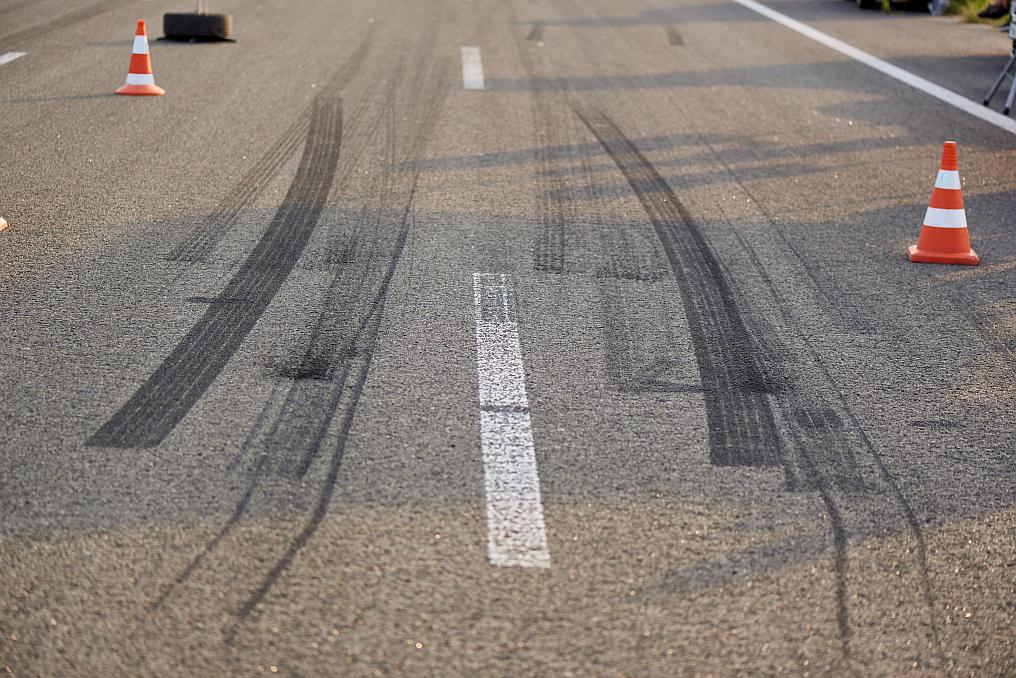According to the Centers for Disease Control and Prevention (CDC), the number of motor vehicle-related deaths among drivers who are 65 years old and older has increased 32 percent between 2010 to 2019. The CDC also found that the fatal car accident rate per each mile traveled starts to increase at 75 years old and jumps markedly after 80 years old. This increase is most likely attributed to older drivers being more susceptible to injuries.
Many older drivers are prone to catastrophic injuries or fatal injuries for a variety of reasons. Physical, visual, and cognitive abilities decline with age. An older driver may not be able to react quickly, or they may not see a car or road condition that could cause a serious accident. Decision-making abilities may also not be as quick. In addition, older adults may take medications that could affect their driving skills.
A recent study conducted by professors at North Carolina State University suggests that computer training can reduce accidents amongst older adults. The researchers developed and tested a computer-based driver training program that is designed to help older adults detect road hazards. They found that 25 percent of the training participants had fewer unsafe incidents in the driving simulation after participating in the computer training.
Based on the positive results of the initial testing, researchers hope to make the training readily available to older adults who own a computer. In addition, other research studies are going on that may also result in computer-aided assistance for senior drivers.
What are Common Accidents Among Senior Drivers?
Older drivers tend to be involved in these types of car accidents:
- Angle-related crashes: This type of accident occurs when two cars impact at an angle. For example, the front of one car plows into the side of another vehicle at an angle. Angle-related crashes are also known as broadside or right-angle crashes. They are common at intersections that have stop signs or traffic signals, but these accidents can occur anywhere.
- Merging collisions: Merging accidents happen mostly due to vision impairments or the inability to see a car in a blind spot. A driver may try to pass another vehicle and then return to their original lane, or there may be a merging situation due to a lane closure. No matter the cause, blind spots combined with issues related to peripheral vision can cause an accident.
- Intersection accidents: Intersection accidents are common among all age groups, but they are particularly prevalent among senior motorists. Visual problems play a large part in these accidents. Often, the accident will be caused by a driver trying to turn left at an intersection. Other times, drivers fail to stop or slow at the intersection.
How can Older Drivers Stay Safe on the Road?
Nowadays, people are healthier and live longer. According to the American Automobile Association (AAA), by 2030, there will be more than 70 million people who are 65 years old and older, and approximately 85 to 90 percent of them will have a driver’s license.
Not every senior will get into an accident every time they drive, but statistics show that the chance of an accident increases with age. These tips may help a senior driver stay safe on the road:
- Wear a seat belt. In many cases, the older driver is experienced and will fully understand that a seat belt is necessary.
- Do not drive after drinking. Getting behind the wheel after drinking is both illegal and dangerous for anyone at any age. However, a senior driver may feel the effects of alcohol more quickly, so they need to be careful about drinking before driving.
- Limit nighttime driving. Older drivers may already be dealing with vision impairments, so driving at night will be hazardous for them. Visibility is reduced at night, and a chance for an accident rises dramatically when the sun goes down.
- Beware of medicated driving. Many older people take medications daily. Some of them may impair their ability to drive safely or react quickly. Older drivers should be aware that prescriptions and over-the-counter medications can cause drowsiness.
- Minimize distractions. It may be challenging for older adults to maintain focus on the road and the traffic around them, so minimizing other distractions is crucial.
- Stay home when there is poor weather. Poor weather conditions can reduce visibility and wreak havoc on the roads. Drivers of any age should use caution in inclement weather. If the weather is particularly dangerous, individuals should avoid driving until inclement weather passes.
- Make other arrangements. An older driver may find it beneficial to seek alternative modes of transportation. While not everyone has access to public transit, those that do may find it a viable option. Taxis, rideshare services, and carpooling are also good alternatives for seniors.
How can I Help My Loved One With Driving Retirement?
The AAA states that seniors are outliving their ability to drive safely by seven to 10 years. They recommend that people plan for their driving retirement the way they prepare for financial retirement. While some senior drivers will know when it is time to give up the keys, others do not. It is difficult to give up the freedom that comes with driving, but it likely needs to happen at some point.
Listed below are important tips to help elderly loved ones stop driving:
- Engage their doctor in the conversation about driving. Older adults may be more apt to listen to advice from a doctor rather than a family member or friend.
- Have examples for the loved one. There is no definitive age for a person to stop driving. Most people have seen an older loved one’s driving skills decline significantly. They should cite these examples to enforce their position. Sometimes, it takes a discussion about harming other people on the road for a senior driver to realize they could be a danger to other motorists.
- Have other family members get involved. It may be more impactful for several family members to participate in the discussion with the elderly driver.
- Be discreet and gentle. Driving may be one of the last vestiges of freedom for an older motorist. Asking them to stop driving can remind them of their advanced age and physical decline, so it is important to approach the topic in a sensitive and gentle manner.
- Cite their physical, cognitive, and visual conditions. Many seniors have problems seeing, making good or quick decisions, and even physical disabilities that affect driving. Kindly remind them of these and how they affect the ability to drive.
- Volunteer to drive. If an older driver has regular appointments or places they need to go to, such as the grocery store, volunteer to drive them around. If that is not possible, ask friends or loved ones to help them.
- Engage services. Some community agencies that focus on seniors have transportation services for older adults. A person can help a loved one by arranging this type of service for them.
- Contact the Department of Motor Vehicles. They may be able to help with concerns and contact the driver in question.
- Take away access to the vehicle. It may be helpful to take the keys away from the driver. While this may seem like an extreme action, it may be necessary to keep them safe.
LA Car Accident Lawyers at ACTS LAW Help Victims of Senior Driving Collisions
Not every older driver will be a danger on the road, but elderly motorists can have mental or physical impairments that may affect their driving skills. If you were recently hurt in a collision that was caused by a reckless driver, contact the LA car accident lawyers at ACTS LAW. For a free consultation, call us today at 833-228-7529 or contact us online. We serve clients throughout Southern California from our offices in Los Angeles and San Diego.


